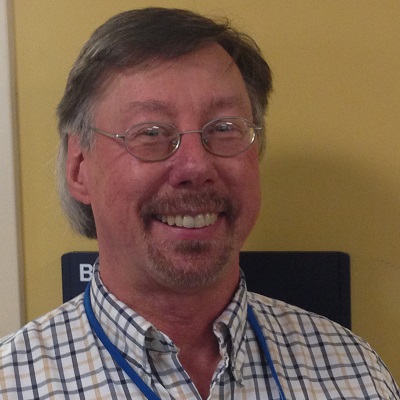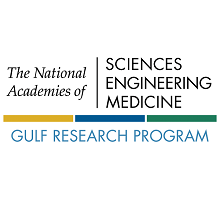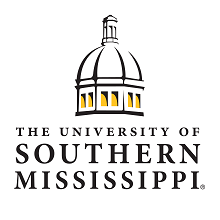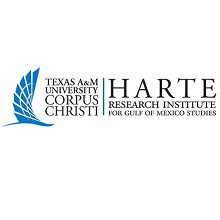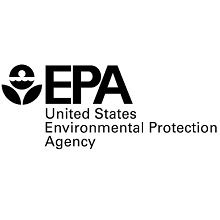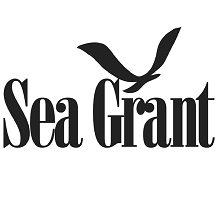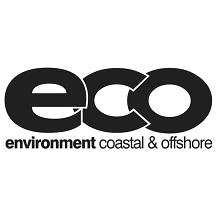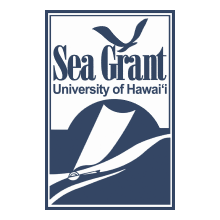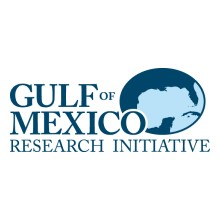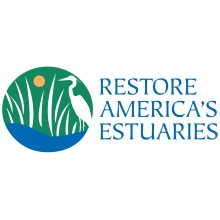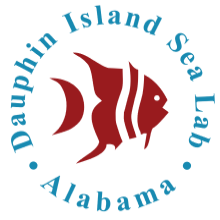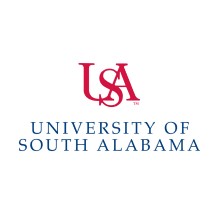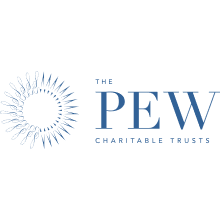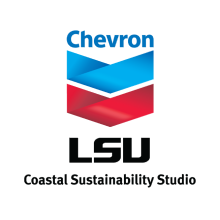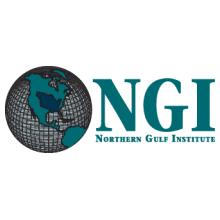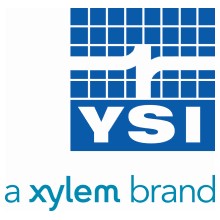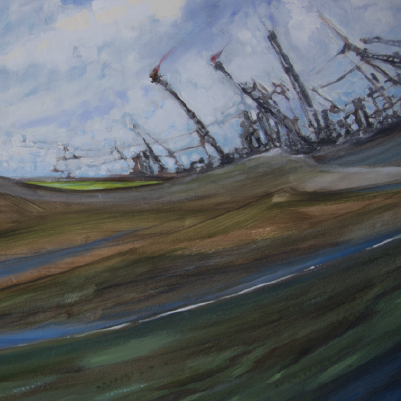- CERF 2019
- Program
- Post-Conference Resources
- Schedule-at-a-Glance
- Keynote
- Plenary Sessions
- Workshops
- Analyzing, Synthesizing, and Communicating Your Data
- Beginner GIS for Ecologists
- Best Practices in Science Communication
- Building and Sustaining Effective Community-Research Partnerships
- Concepts and Controversies in Tidal Marsh Ecology Revisited
- Democratizing Access to Ocean Observing Technology
- Engaging in Coastal Science After Retirement: Brainstorming Options and Opportunities
- Out in the Open: Identifying, Understanding, and Addressing Implicit Bias
- Putting Science "In the Room": Science Communication to Support Decision-Making
- Sharing and Applying Best Practices for Mapping/Monitoring Coastal SAV
- The Next Step with R: Data Management, Graphics, and Functions
- Town Halls
- Cultural Heritage and Coastal Humanities
- The Slave Schooner Clotilda: Hidden but Not Forgotten
- Presenter Resources
- Student Presentation Judging Opportunity
- Activities
- Sponsor/Exhibit
- Student/Early Career
- Live Stream Recordings
- Conference Photos
CERF 2019 Workshop:Sharing and Applying Best Practices for Mapping/Monitoring Coastal SAVMark Finkbeiner Date: Sunday, 3 November About this Workshop: The 2010 Deepwater Horizon oil spill event highlighted the need for comparable shallow habitat and resource information on a regional scale. In many cases, marine and coastal resource data was old or of insufficient detail to understand what was affected by the spill. As funding for restoring these habitats has become available, efforts are underway at the federal and state level to re-inventory and reassess these habitats to support restoration goals. These efforts are taking place at multiple spatial scales and levels of detail. It is important that these disparate projects apply recognized best practices, use consistent/comparable data acquisition and management methods, and share information to the greatest extent possible. This will improve the ability to integrate data locally and increase our understanding of trends across the Gulf of Mexico. This work can also be looked to as a model for structuring monitoring efforts in other regions of the U.S. or internationally where SAV and other shallow habitat resources are located. This four-hour workshop will be an interactive session including presentations from topical experts and group dialog. The agenda will consist of the following three elements: SAV monitoring indicators and technologies: The first of three elements will consist of review and feedback on a proposed SAV monitoring approach for the Gulf of Mexico developed with input from experts throughout the region. The discussion will focus on technologies useful for mapping and monitoring at multiple scales (Tiers) and geographies around the nation. The second element will involve a summary presentation of a pilot project in Mobile Bay to apply monitoring protocols and how an SAV Community of Practice (CoP) has assisted this effort, not only in terms of meeting project goals but by engaging national expertise and reaching a national audience with project outputs. The final element will be an interactive discussion engaging the participants in the CERF/Gulf of Mexico SAV CoP and enlisting input on how the CoP could be expanded or modified to better achieve its goals. This session will include discussion of how this CoP should support and coordinate with similar communities in the Gulf and nationally. Content for the CERF Basecamp CoP site will be solicited and opportunities for expanded web presence and outreach will be explored. It is our hope that most of the participants will join this CoP. The results of this discussion will be posted on the CERF Basecamp site and will shape the CoP itself as well as inform CERF’s future CoP support.
About the Presenter:
|

